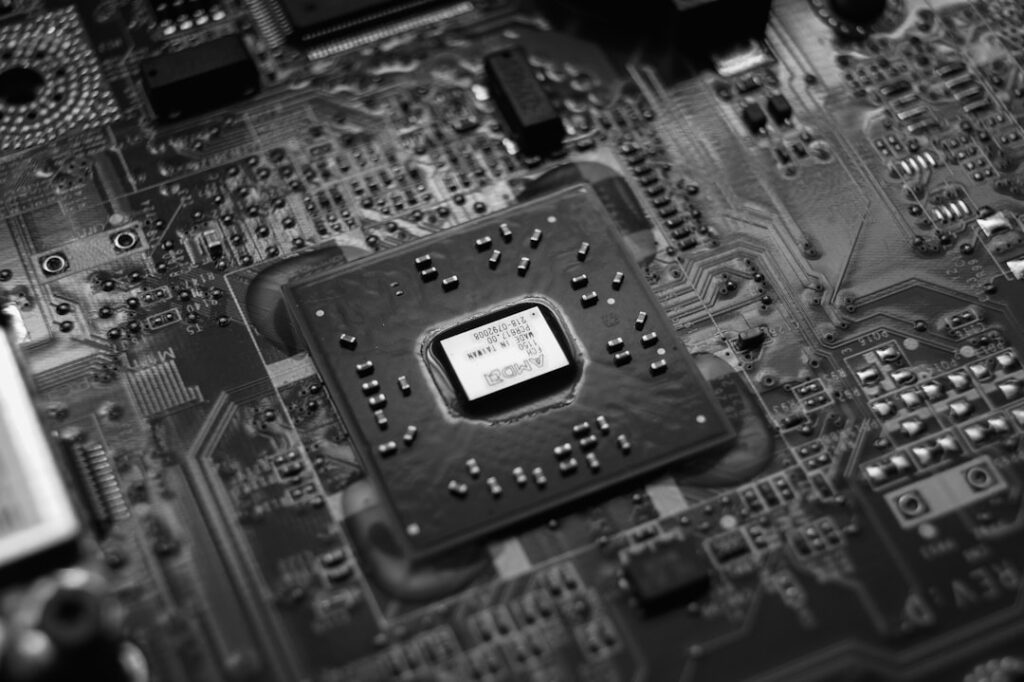Troubleshooting Random PC Shutdowns

When troubleshooting a computer that fails to power on, it is essential to consider various potential causes. These include:
1. Overheating: This can occur due to a malfunctioning cooling system or operation in a high-temperature environment.
Overheating may cause the system to shut down or prevent it from starting. 2. Power supply issues: A faulty power supply or insufficient power delivery can prevent the computer from turning on.
3. Software problems: Corrupted operating systems or malware infections can interfere with the boot process. 4.
Hardware failures: Malfunctioning components such as the motherboard or hard drive can prevent the computer from starting. 5. Memory or storage concerns: Insufficient available memory or a full hard drive can impede the computer’s ability to power on.
Understanding these potential issues allows for more effective diagnosis and resolution of the problem. By systematically examining each possible cause, users can identify and address the root of the issue, restoring their computer to proper functioning.
Key Takeaways
- Overheating can cause various issues in a computer, including performance degradation and hardware damage.
- Power supply issues can manifest as random shutdowns, system instability, or failure to power on.
- Software problems can cause crashes, freezes, and error messages, and may be resolved through troubleshooting or reinstalling the operating system.
- Hardware failures can result in a range of symptoms, from strange noises to complete system failure, and may require replacement of the faulty component.
- Memory and storage concerns can lead to slow performance, data corruption, or inability to boot, and may be addressed by upgrading or replacing the affected components.
- If troubleshooting steps do not resolve the issue, seeking professional help from a computer technician or support service may be necessary.
Checking for Overheating
Identifying Overheating Issues
To check for overheating, start by ensuring that the computer’s fans are working properly and are free of dust and debris. If the fans are not working or are clogged with dust, they may need to be cleaned or replaced. Additionally, ensure that the computer is not being used in a hot environment, such as direct sunlight or near a heat source.
Monitoring Temperature with Diagnostic Software
Another way to check for overheating is to monitor the computer’s temperature using diagnostic software. There are several programs available that can monitor the temperature of various components within the computer, such as the CPU and GPU. By monitoring the temperature of these components, you can determine if overheating is occurring and take steps to address the issue.
Preventing Future Overheating Issues
If overheating is determined to be the cause of the problem, it’s crucial to take steps to improve the computer’s cooling system and prevent future overheating issues. This may involve adding additional fans or using a cooling pad to ensure that the computer operates within a safe temperature range.
Identifying Power Supply Issues

Another potential cause of a computer not turning on is power supply issues. The power supply is responsible for providing power to all of the components within the computer, and if it is faulty or not providing enough power, it can prevent the computer from turning on. To identify power supply issues, start by checking that the power supply is properly connected to the computer and that all cables are secure.
Additionally, check that the power supply is receiving power from the outlet by testing it with another device. If the power supply is not receiving power, it may be a problem with the outlet or the power supply itself. If the power supply is receiving power but the computer still won’t turn on, it may be necessary to test the power supply using a multimeter.
A multimeter can be used to test the voltage output of the power supply and determine if it is providing enough power to the computer. If the power supply is found to be faulty or not providing enough power, it may need to be replaced. It’s important to address power supply issues promptly, as a faulty power supply can cause damage to other components within the computer.
Investigating Software Problems
| Issue | Frequency | Impact |
|---|---|---|
| Crashes | High | High |
| Bugs | Medium | Medium |
| Performance Issues | Low | Low |
Software problems can also cause a computer to fail to turn on. Common software issues that can prevent a computer from turning on include a corrupted operating system, a virus or malware infection, or driver conflicts. To investigate software problems, start by attempting to boot the computer in safe mode.
Safe mode loads only essential drivers and services, which can help determine if a software issue is preventing the computer from turning on. If the computer is able to boot in safe mode, it may indicate that a software issue is to blame. Another way to investigate software problems is to use diagnostic software to scan for viruses and malware.
There are several reputable antivirus programs available that can scan for and remove viruses and malware from the computer. Additionally, you may need to update or reinstall drivers for various components within the computer, such as the graphics card or network adapter. By investigating software problems and taking steps to address them, you can potentially resolve the issue with your computer not turning on.
Examining Hardware Failures
Hardware failures are another potential cause of a computer not turning on. Common hardware issues that can prevent a computer from turning on include a malfunctioning motherboard, a faulty hard drive, or a defective graphics card. To examine hardware failures, start by checking that all components within the computer are properly connected and seated in their respective slots.
Loose or improperly connected components can prevent the computer from turning on. If all components are properly connected and seated, it may be necessary to test individual components to determine if they are functioning properly. For example, you can test the hard drive by connecting it to another computer and checking if it is recognized.
Additionally, you can test the graphics card by removing it from the computer and using onboard graphics if available. By examining hardware failures and testing individual components, you can determine if a hardware issue is preventing the computer from turning on.
Addressing Memory and Storage Concerns

Insufficient Memory and Storage Space
Memory and storage concerns can also cause a computer to fail to turn on. If there is not enough available memory or if the hard drive is full, it can prevent the computer from booting up properly.
Freeing Up Space and Upgrading Capacity
To address memory and storage concerns, start by checking how much available memory and storage space is on the computer. If there is not enough available memory or if the hard drive is full, you may need to delete unnecessary files or programs to free up space. Additionally, you may need to upgrade the computer’s memory or storage capacity if it is insufficient for your needs.
Improving Performance and Resolving Issues
Adding more RAM or installing a larger hard drive or solid-state drive can help improve the performance of the computer and prevent issues with memory and storage concerns. By addressing memory and storage concerns, you can potentially resolve the issue with your computer not turning on.
Seeking Professional Help
If you have attempted to troubleshoot your computer and are still unable to determine why it won’t turn on, it may be time to seek professional help. A professional technician can diagnose and address the issue with your computer, whether it’s related to overheating, power supply problems, software issues, hardware failures, or memory and storage concerns. A professional technician will have the knowledge and expertise to thoroughly examine your computer and determine what is causing it not to turn on.
They will have access to diagnostic tools and equipment that can help identify any underlying issues with your computer’s hardware or software. Additionally, they will be able to recommend and perform any necessary repairs or upgrades to get your computer up and running again. In conclusion, troubleshooting a computer that won’t turn on can be a complex process that requires careful examination of potential issues such as overheating, power supply problems, software issues, hardware failures, and memory and storage concerns.
By understanding these potential issues and taking steps to investigate and address them, you can potentially resolve the issue with your computer not turning on. If you are unable to determine why your computer won’t turn on after troubleshooting on your own, seeking professional help from a qualified technician may be necessary to diagnose and address the problem effectively.
If you’re experiencing the frustrating issue of your PC turning off randomly, you’re not alone. Many users have encountered this problem, and it can be caused by a variety of factors. One possible solution is to check for overheating, as this can cause the computer to shut down unexpectedly. For more tips on troubleshooting this issue, check out this helpful article on Tech Flash Sales.
FAQs
What are the possible reasons for a PC turning off randomly?
Some possible reasons for a PC turning off randomly include overheating, power supply issues, hardware malfunctions, software issues, and electrical problems.
How can I troubleshoot a PC that turns off randomly?
To troubleshoot a PC that turns off randomly, you can check for overheating by cleaning the internal components and ensuring proper ventilation. You can also test the power supply, check for hardware malfunctions, update software and drivers, and inspect the electrical connections.
What steps can I take to prevent my PC from turning off randomly?
To prevent your PC from turning off randomly, you can regularly clean the internal components to prevent overheating, use a reliable power supply, ensure all hardware is functioning properly, keep software and drivers updated, and use surge protectors to protect against electrical issues.
When should I seek professional help for a PC that turns off randomly?
You should seek professional help for a PC that turns off randomly if you have tried troubleshooting steps and the issue persists. A professional technician can diagnose and repair any underlying hardware or software problems.




